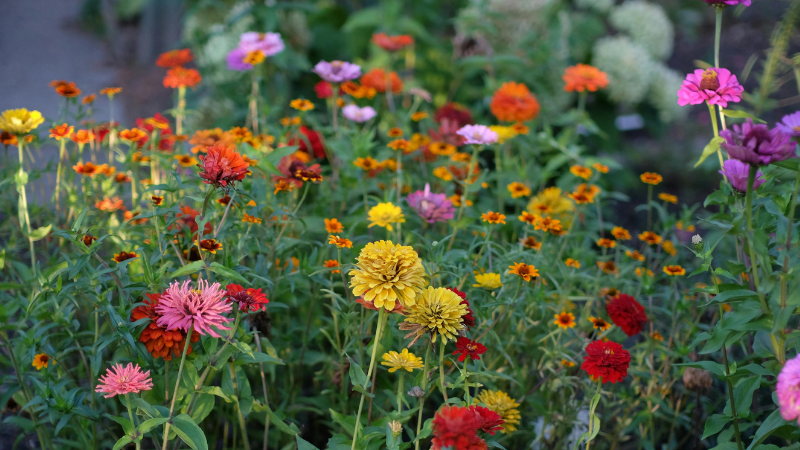Ecotherapy and its Benefits for Mental Health
Whether it be gardening on a sunny day or going on a bike ride in the forest, people are finding refuge in nature. Without knowing it, people have been using their own versions of ecotherapy.
Ecotherapy, also known as nature therapy, is based on the idea that people are connected to and impacted by, nature. A range of studies have shown the positive effects of nature on both physical and mental health.
What is ecotherapy?
Ecotherapy is an umbrella term for a wide range of treatments. They aim to improve both your mental and physical wellbeing through taking part in outdoor activities. We may already interact with different forms of ecotherapy, and can use these techniques independently.
Some examples include:
- Horiticultural therapy – garden-related activities can help promote well-being
- Animal assisted therapy – this can be as simple as petting or playing with a pet
- Exercising in a natural environment – this can include activities such as walking, jogging and cycling in nature, and can help reduce stress
- Environmental conservation – conserving the natural environment can assist in creating a sense of purpose
Ecotherapy can be done independently, in a group or with a trained professional.
How can it help mental health?
A growing body of research highlights the positive benefits of connecting with nature.
- A study by Mind (*) found that a nature walk reduced symptoms of depression in 71% of participants, compared to only 45% of those who took a walk through a shopping centre.
- Another study (**) found that viewing pictures of nature (including forests and waterfalls) enabled intensive care patients to reduce need for pain medication and resulted in less symptoms of anxiety.
- A more recent study (***) found ecotherapy can reduce levels of stress and may work as a preventative measure for managing mental health problems.
Using nature in this way can be an easy, cost-effective tool to combat stress, anxiety and other mental health difficulties.
At The Eaves, we have counsellors, psychotherapists and psychologists who can help with depression and many other mental health problems. If you are looking for someone to speak to, please contact the referrals team on 01483 917000 who would be happy to help source the right therapist for you.
References:
(*) Mind. (2007). Ecotherapy: The green agenda for mental health. Retrieved from http://www.mind.org.uk/media/273470/ecotherapy.pdf
(**) Chalquist, C. (2009). A look at the ecotherapy research evidence. Ecopsychology, 1(2), 64-74.
(***) * Genevive R. Meredith, Donald A. Rakow, Erin R. B. Eldermire, Cecelia G. Madsen, Steven P. Shelley, Naomi A. Sachs. Minimum Time Dose in Nature to Positively Impact the Mental Health of College-Aged Students, and How to Measure It: A Scoping Review. Frontiers in Psychology, 2020; 10 DOI: 10.3389/fpsyg.2019.02942

